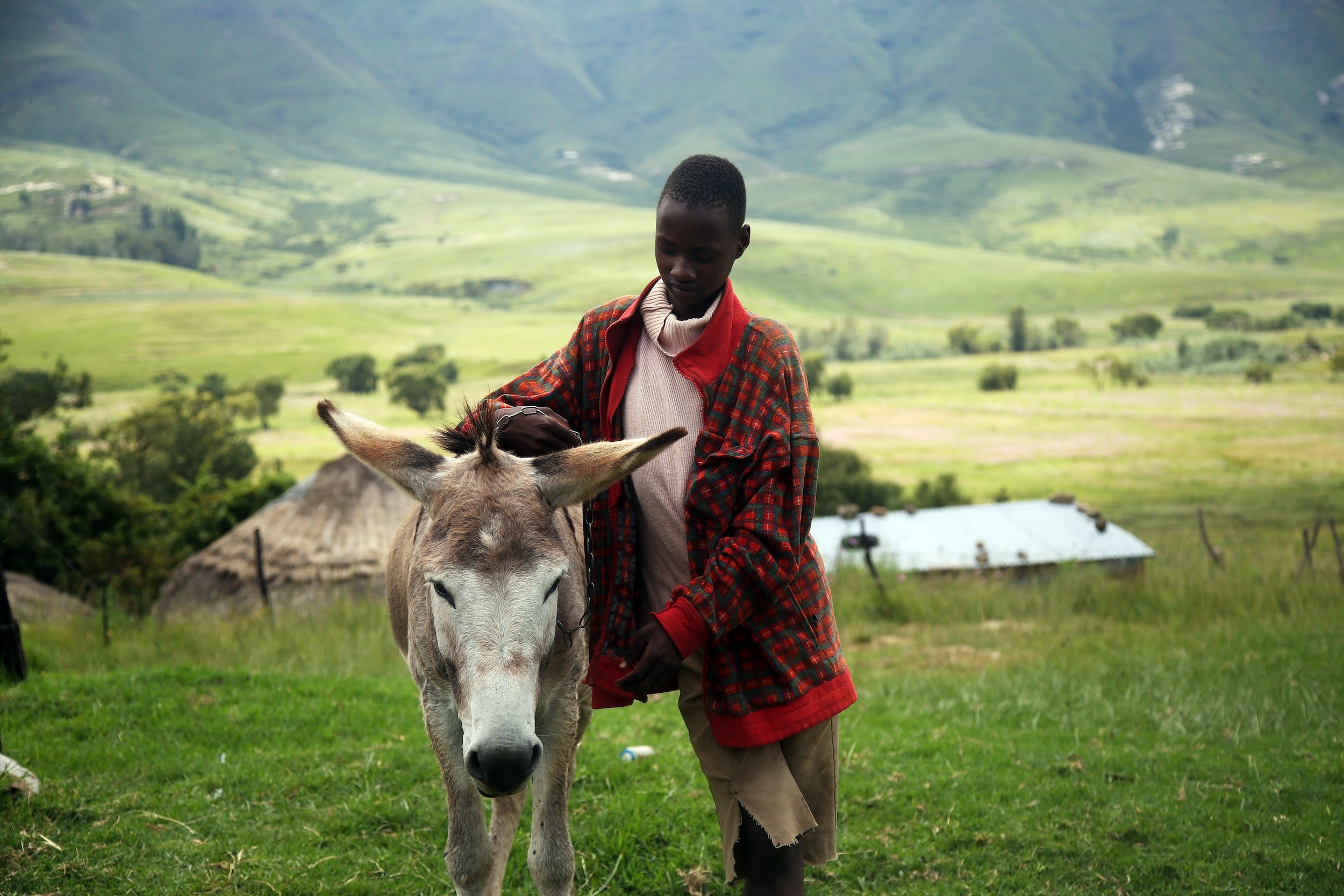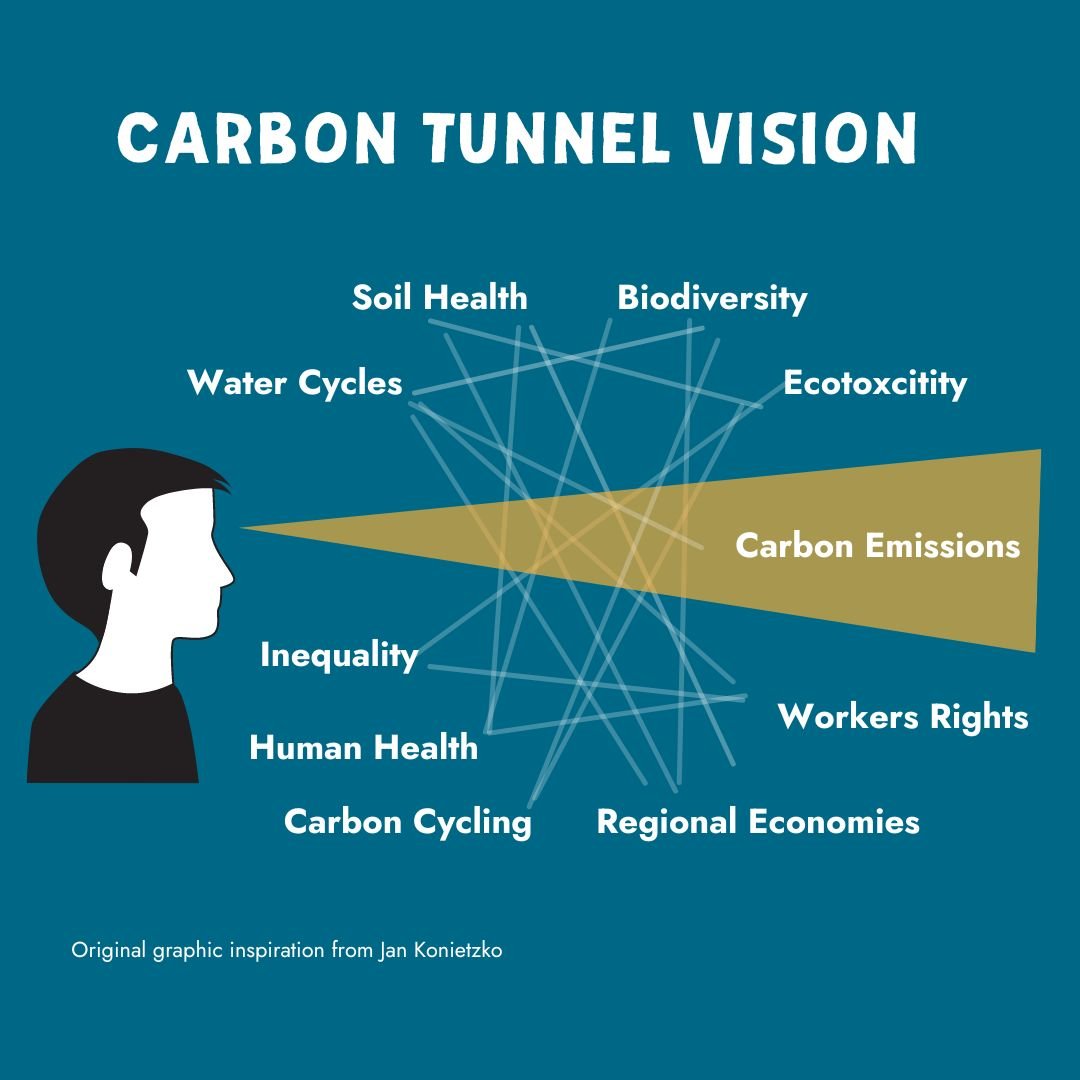Is the Anti Meat Narrative Destroying Rural Economies?
“Policies that aim to remove meat from the food system and denigrate livestock are harming rural economies worldwide.”
In an effort to reduce carbon emissions, many countries worldwide are implementing policies to tax farmers or reduce and cull livestock numbers. At the same time, meat is being vilified as unhealthy and even harmful.
However, animal foods like meat, eggs, and dairy are uniquely nutritious and play a critical role in proper growth and brain development for children. Animal sourced foods are also important for women of reproductive age, pregnant and lactating women, and older people who need to preserve muscle strength and mental acuity.
More broadly, livestock aren’t just about “carbon emissions”. They can help to improve ecosystem function, provide manure for growing crops, upcycle “crop waste” into nutrient dense food, and are important to livelihoods, especially in the Global South.
Policies that aim to remove or dramatically reduce meat consumption and livestock production will not only have a dramatic impact on health outcomes and soil health, but will also harm rural economies.
Livestock’s role in rural economies
About one-third of the world’s food supply is produced by small, mostly family-run farms and 12% of the world’s population depends solely on livestock for their livelihood. And while some may consider this anachronistic, it’s important to respect that not all people wish to live and work in an urban setting.
Think about the risk one must take to grow row crops. First you need capital to own or lease the land (which many women worldwide are unable to do), then till or prepare the soil, purchase and plant the seeds, then cultivate, fertilize and water the crop through the season. One monsoon, hail storm or other weather event can ruin an entire year’s work. Even post-harvest, many catastrophes can happen, or the price might drop and unless someone has crop insurance, this massive risk is something few are willing to take.
On the other hand, raising livestock for food and money can provide a safety net for financially insecure populations. Chickens, cows and goats are like walking ATMs, providing communities with food and income, a safeguard against climate change, and ecological services. Beyond the food that livestock provides, it also is a source of income, manure, and farm power to create other food staples, like cereal crops.
Livestock also contribute to inclusivity and women’s empowerment. Women in half of the countries in the world are unable to own land, but in most cases can own livestock. Livestock is an effective avenue to empower rural women, since they’re more likely to control livestock than land or machinery. The nutrition from eggs, milk or meat is far more nutrient dense than what you can obtain from crops, providing iron and B12 which are difficult to impossible to get from plant-based foods and critical for cognitive development. These foods can also be sold for shoes or school books, allowing children to have better access to education.
Livestock production can provide women in the Global South the rare opportunity to access and control resources, financial services and employment. An all-woman livestock breeding program in Ethiopia provides women with control over resources and assets, management training, and financial empowerment.When women are empowered, households experience less poverty and better nutrition. Aside from empowering women, livestock in rural economies can also expand the opportunities for young people in rural communities. Livestocks’ ability to empower youth is critical to rural economies and the nutrition of rural communities.
How is the anti-meat messaging impacting rural economies:
No matter where you get your news, you have probably seen reporting on how animal foods, especially beef, are unhealthy, unsustainable, unethical and even unnecessary since we can now “engineer” alternative meat products in factories. But is this true, and what are the unintended consequences of removing livestock?
Examples of biased anti-meat journalism can be seen from The Economist, The New York Times, The Washington Post and The Guardian, which actually accepts funding from vegan groups for editorial content.
A post from Vox claimed that eating less or no meat is one of the most effective actions people can take to reduce their carbon footprint and argues that it is the role of the government to reduce livestock production.
Global climate change events like the UN Climate Change Conference frequently focus attention on reducing consumption of animal products and pushing policies to reduce animal agriculture.
Not only is this information false and misleading, it has real implications for animal agriculture around the world. In October 2022, New Zealand's government proposed taxing the greenhouse gasses that farm animals make from burping and peeing in an effort to address climate change. Not only is this not an effective policy to address climate change, but it could be devastating for farmers in New Zealand, where farming is vital to the economy. The country has 10 million beef and dairy cattle and 26 million sheep and dairy products are the nation’s largest export earner.
In Ireland, farmers realized they would have to cull 1 million cattle to reach the government’s goal of cutting agriculture emissions by 25% by 2030. Agriculture has deep historical and cultural ties in Ireland and dominates the country’s economy - and for good reason, since it is one of the best environments for raising livestock. Taxing livestock emissions will not be a win for climate change, it will destroy regional economies and maybe even drive emissions, since the demand for meat will only move to another region which is not as appropriate for raising livestock.
In the U.S. the American Prairie Foundation, a billionaire-funded conservation group, bought up over 450,000 acres of land throughout central Montana to create the largest “fully functioning ecosystem” in the continental U.S. While this may seem like a commendable project, and conservation is important, it ignores the realities of local economies and food security. This project bought up land that was once used for agriculture production, which will have extreme impacts on the local economy, since the region is almost entirely dependent on the agricultural industry.
These policies are an example of carbon tunnel vision - governments and policy makers are striving for net zero emissions without considering other factors of sustainability, like rural economies and food equity. Is it truly sustainable to remove livestock from the food system if it will have a detrimental effect on economic growth and food security?
Meat, milk and eggs are nutritionally superior to plant-based alternatives
Animal-source foods are the most nutrient-dense foods available and provide critical nutrition for people all over the world, especially during pregnancy and the first 1000 days of life. Messages and policies to reduce meat consumption are immoral. Consuming less animal-source food is not a solution for everyone, especially those with low nutritional security.
Alternative meats are not necessarily more sustainable than livestock
Alt-meat products are the result of industrial agriculture systems which destroy ecosystems. It’s an extractive process requiring fossil fuels and toxic chemicals. And while not all livestock production is perfect, it is inherently more efficient and nutritious than fake meat, and much of the time, animals like cattle are utilizing land that cannot be cropped and improving the land while they graze.
Alt-meat is not ethically superior to raising livestock for food
There seems to be “ethics-washing” going on when it comes to claims that fake meat is a less harmful process than raising livestock. Just because there’s no flesh on one’s plate, doesn’t mean no death happened to create that food. The pesticides, insecticides and mechanical processes needed to grow crops mean lots of things die to make a fake-meat burger. Since death must happen to produce food, then consuming one large cow which can produce nearly 500 lbs of meat surely is a “least harm” solution for humans to thrive.
It’s unethical to tell those who rely on livestock that they must now eat a less nutritious and more expensive product (read this post on the price breakdown between real meat and fake meat). Make no mistake, there’s a lot of profit to be made in the burgeoning alt-meat industry. Converting nutrient poor foods into pricy, ultra-processed protein pucks is something many are betting the farm on. But the truth is, real meat will always be nutritionally superior.
Instead of padding the pockets of more Silicon Valley investors, let’s improve how meat is produced and increase access to nutrient dense foods like meat, milk and eggs to food insecure people around the world.
Animals play an important role in a sustainable and equitable food system and actions and policies that remove livestock or messages that denigrate animal foods will have far reaching, negative impacts. If you want to help GFJA continue to share this educational information and bring nutrient-dense animal foods to communities, consider becoming a member!





